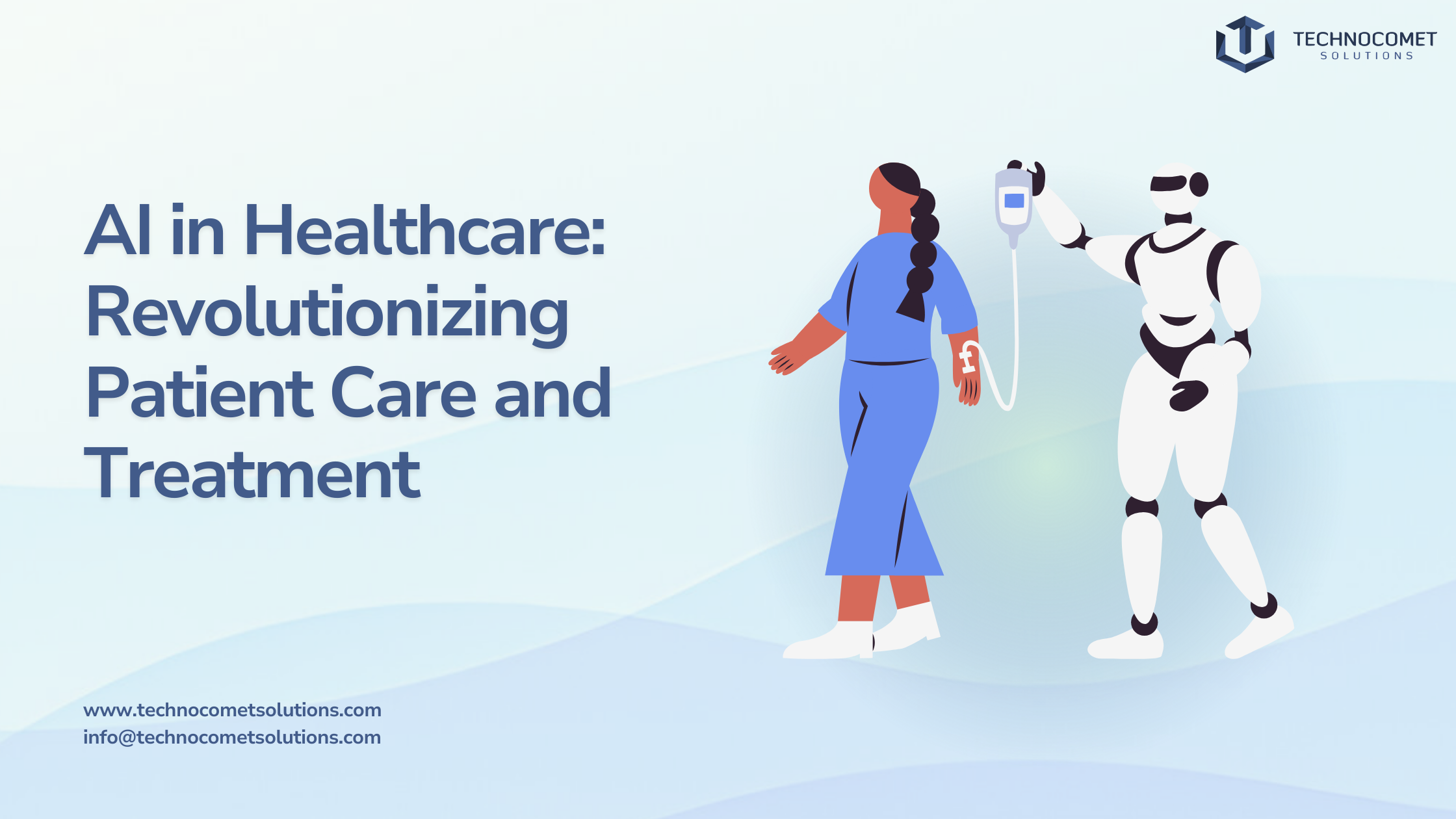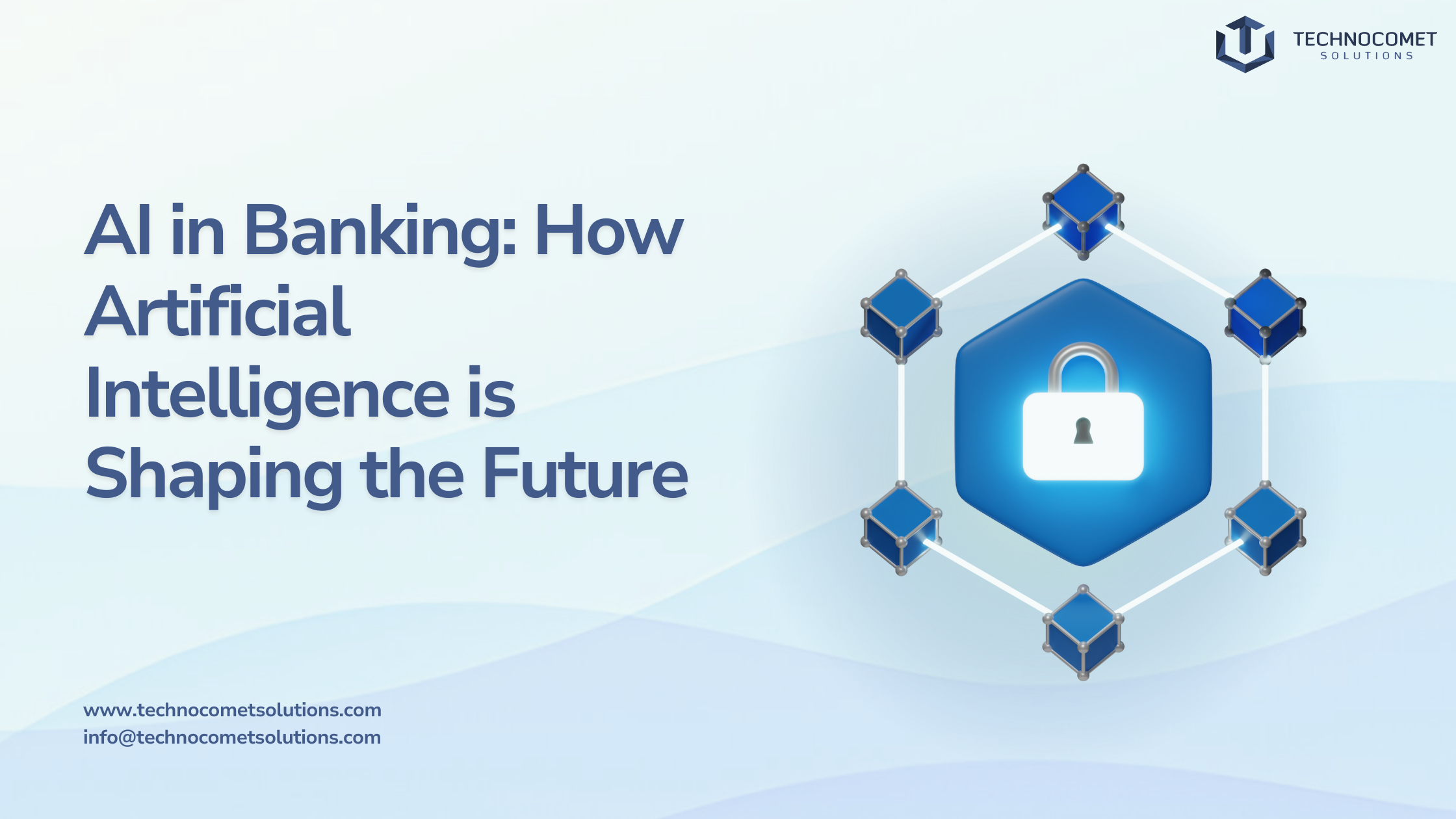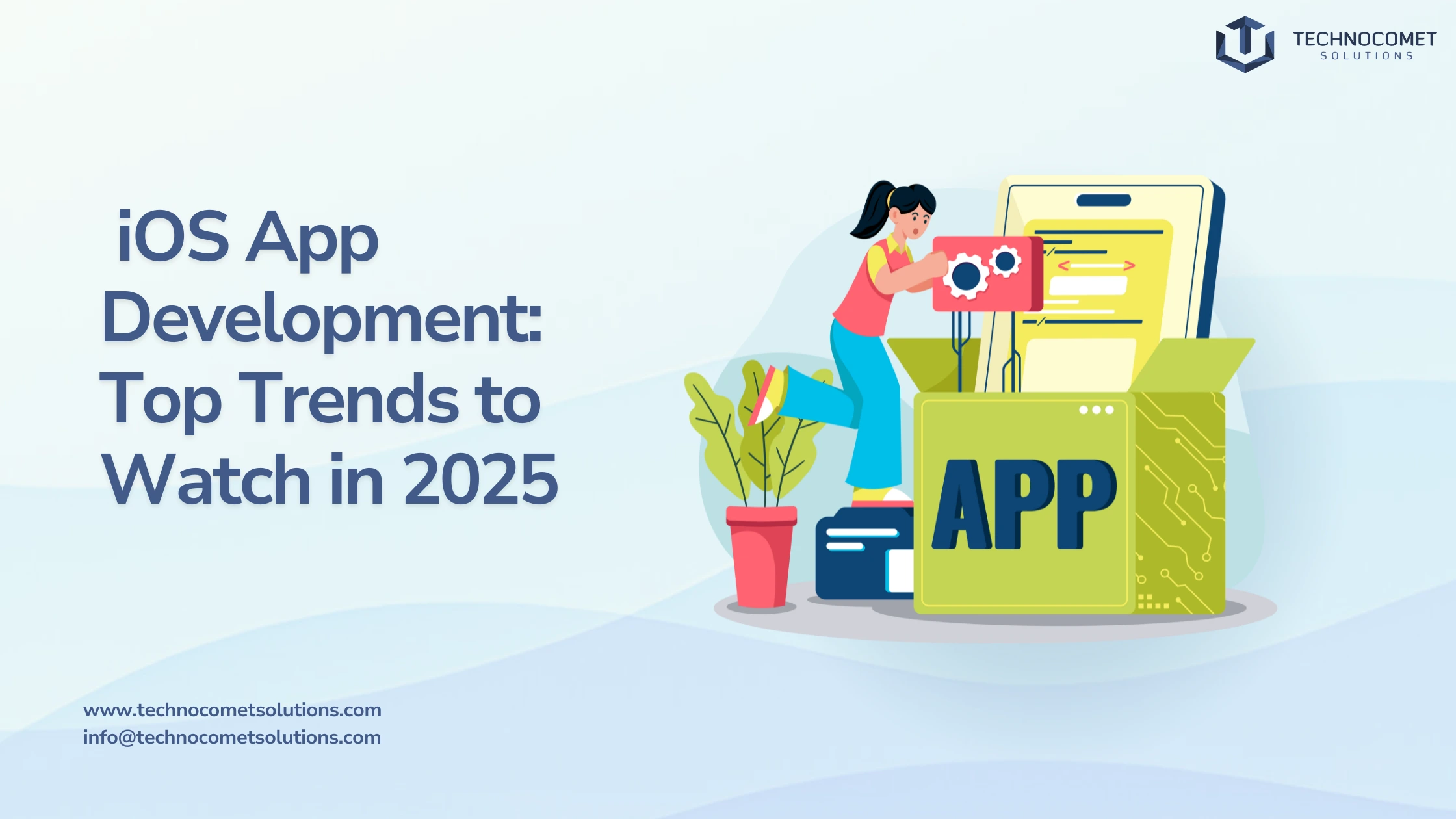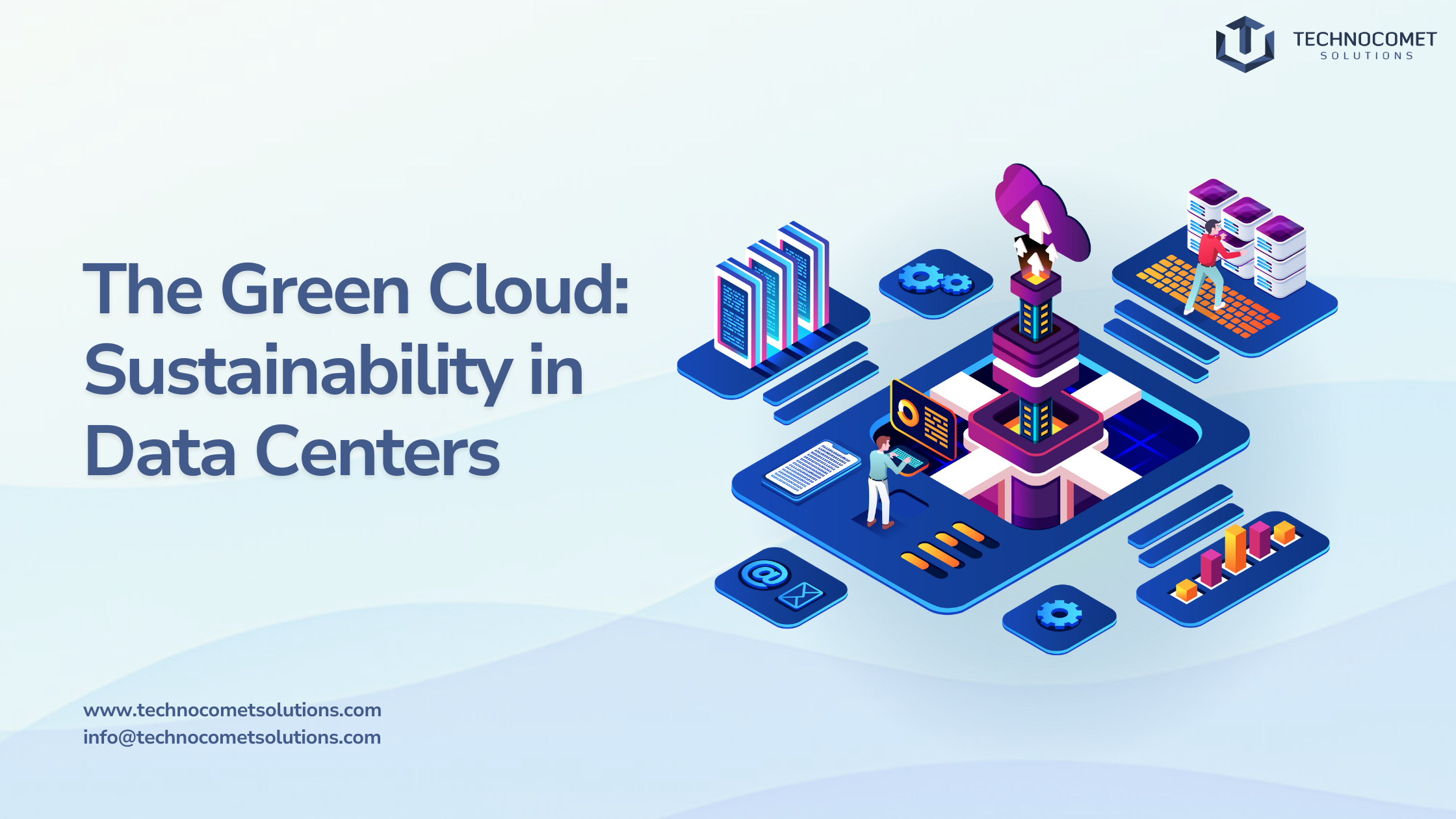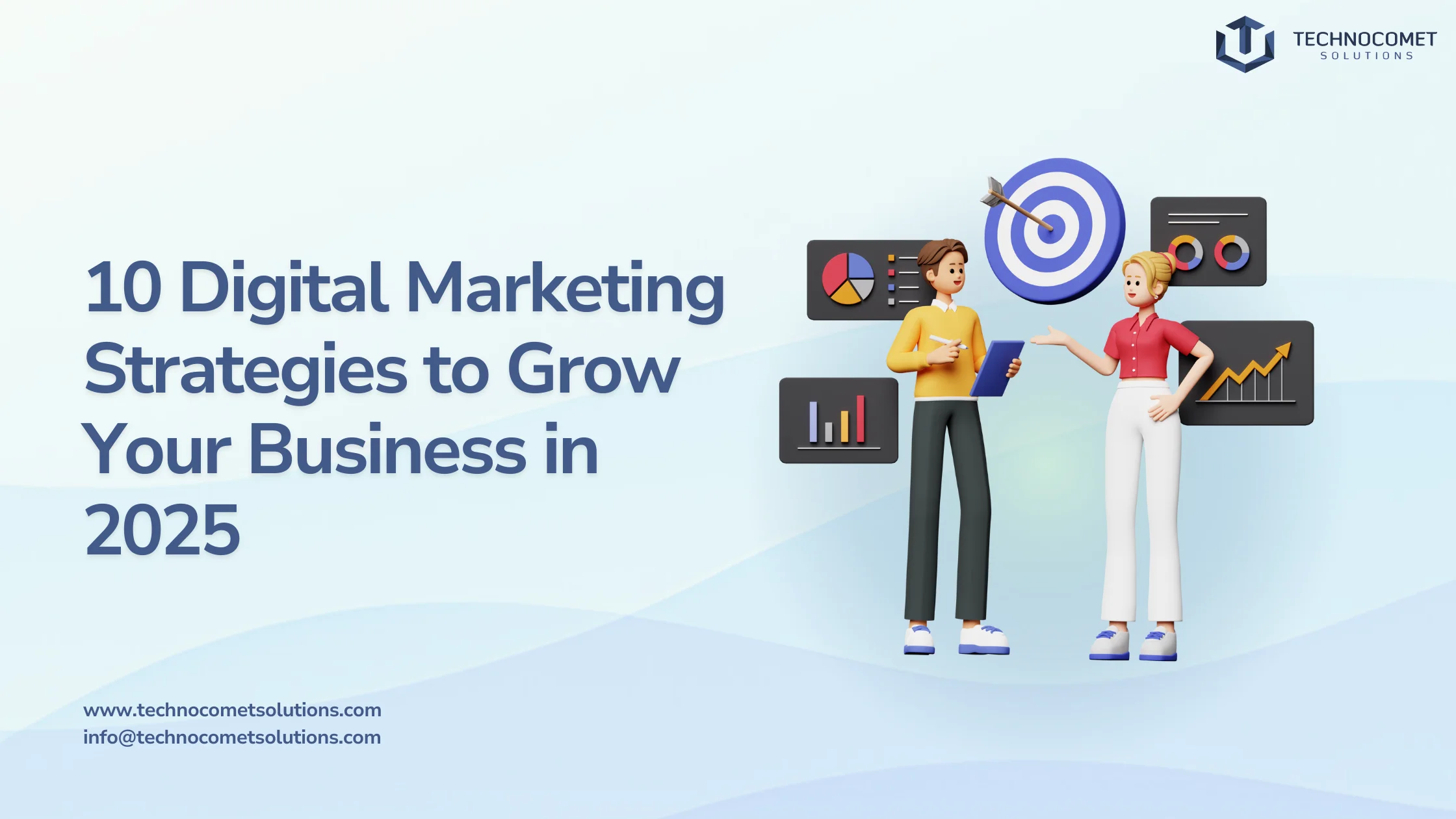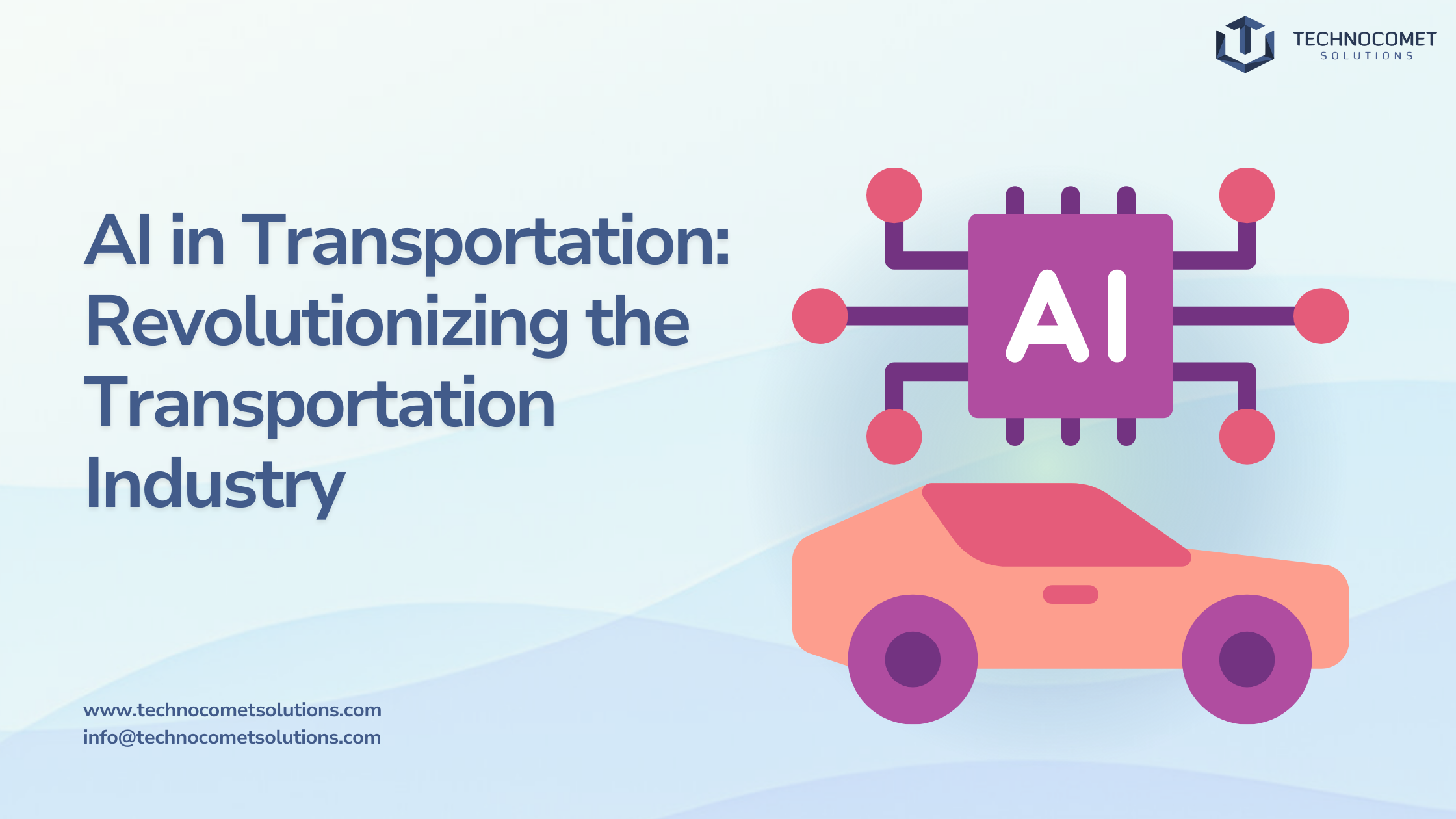Introduction
AI in healthcare is transforming the whole health industry, offering new ways to improve patient care and treatment. Artificial intelligence algorithms can analyze large datasets, including medical images and patient records, to provide accurate and timely insights that support clinical decision-making.
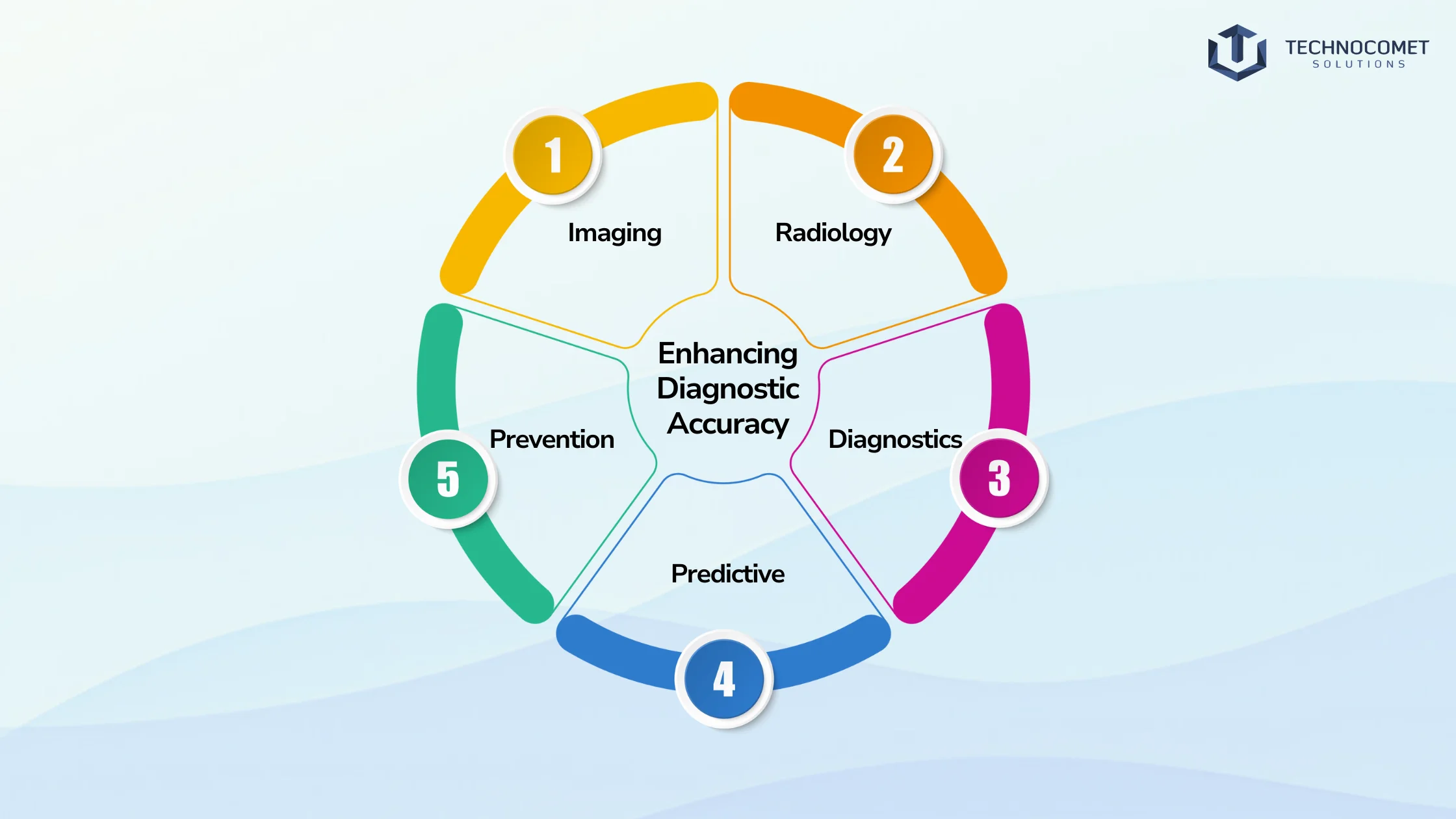
Enhancing Diagnostic Accuracy
AI-powered imaging and radiology tools are revolutionizing the way healthcare providers analyze X-rays, MRIs, and other medical scans. These AI systems can detect subtle patterns and anomalies that may be missed by human experts, leading to earlier and more accurate diagnoses. AI-driven predictive analytics also play a crucial role in early disease detection, allowing healthcare providers to identify high-risk patients and implement preventive measures.
Streamlining Patient Care
Artificial intelligence is transforming the way healthcare organizations manage electronic health records (EHRs). AI-powered systems can automate data entry, improve information retrieval, and provide real-time insights to healthcare providers, enhancing overall patient care. Virtual health assistants, powered by AI chatbots, are also becoming increasingly prevalent, offering patients 24/7 access to medical information and support. These AI-driven tools can help patients manage their conditions, schedule appointments, and even provide mental health support.
Optimizing Treatment Plans
Artificial intelligence-driven treatment recommendations leverage patient data and clinical guidelines to provide healthcare providers with personalized, evidence-based treatment plans. These artificial intelligence systems can continuously learn and adapt, improving the accuracy of their recommendations over time. Adaptive learning systems, powered by AI, are also being used to optimize treatment protocols, ensuring that healthcare providers have access to the latest and most effective approaches.
Revolutionizing Drug Discovery and Development
AI algorithms are accelerating the drug discovery process by identifying promising drug candidates and optimizing the clinical trial process. AI-driven models can analyze vast amounts of data, including chemical structures, biological pathways, and patient records, to uncover new therapeutic targets and accelerate the development of new medications. Artificial intelligence is also being used to enhance the efficiency and accuracy of clinical trials, helping to reduce the time and cost associated with bringing new drugs to market.
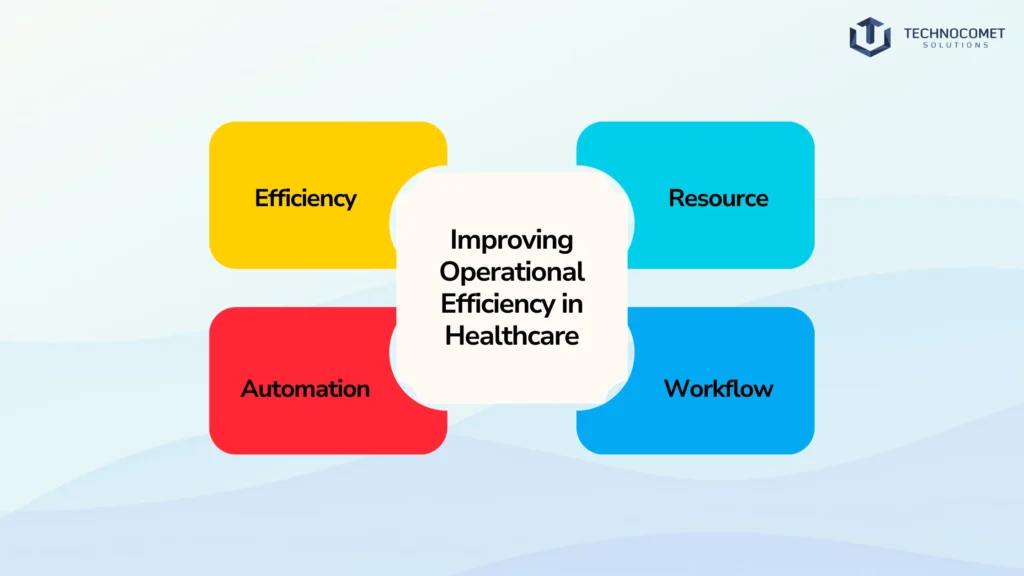
Improving Operational Efficiency in Healthcare
AI is transforming hospital management and operations, enabling more efficient resource allocation, workflow optimization, and supply chain management. AI-powered predictive models can help healthcare organizations anticipate and respond to changing demands, improving overall operational efficiency. Artificial intelligence is also automating routine administrative tasks, such as scheduling and billing, freeing up healthcare providers to focus on patient care and improving the overall patient experience.
Future Trends and Innovations in AI Healthcare
As artificial intelligence continues to evolve, we can expect to see even more transformative applications in the healthcare sector. Emerging artificial intelligence technologies, such as natural language processing (NLP) and generative artificial intelligence, have the potential to enhance clinical documentation, improve patient-provider communication, and accelerate drug discovery. The role of AI in global health and pandemic response is also an area of growing interest, as AI-powered systems can help monitor disease outbreaks, predict healthcare resource needs, and support public health decision-making.
Conclusion
Artificial intelligence is revolutionizing the healthcare industry, offering new ways to enhance diagnostic accuracy. It streamlines patient care, optimizes treatment plans, and improves operational efficiency. As artificial intelligence continues to evolve, it is crucial to address ethical and privacy concerns. Preparing for the future of AI-driven healthcare is also essential. By embracing the power of AI, the healthcare industry can deliver better patient outcomes. It will also improve the overall patient experience and transform the way medicine is practiced.
Are you a healthcare organization looking to harness the power of artificial intelligence to revolutionize patient care and treatment? TechnoComet Solutions, a leading IT services provider, can help you navigate the integration of AI into your healthcare operations. Contact us today!
FAQs
Artificial intelligence (AI) is a technology that mimics human intelligence, enabling machines to perform tasks that typically require human cognition.
AI-powered tools are enhancing diagnostic accuracy, streamlining patient care workflows, optimizing treatment plans, and improving operational efficiency in healthcare organizations.
As AI becomes more prevalent in healthcare, there are important ethical considerations around patient data privacy, algorithmic bias, and the appropriate use of AI to support.
AI algorithms can accelerate the drug discovery process by identifying promising drug candidates and optimizing clinical trials.

